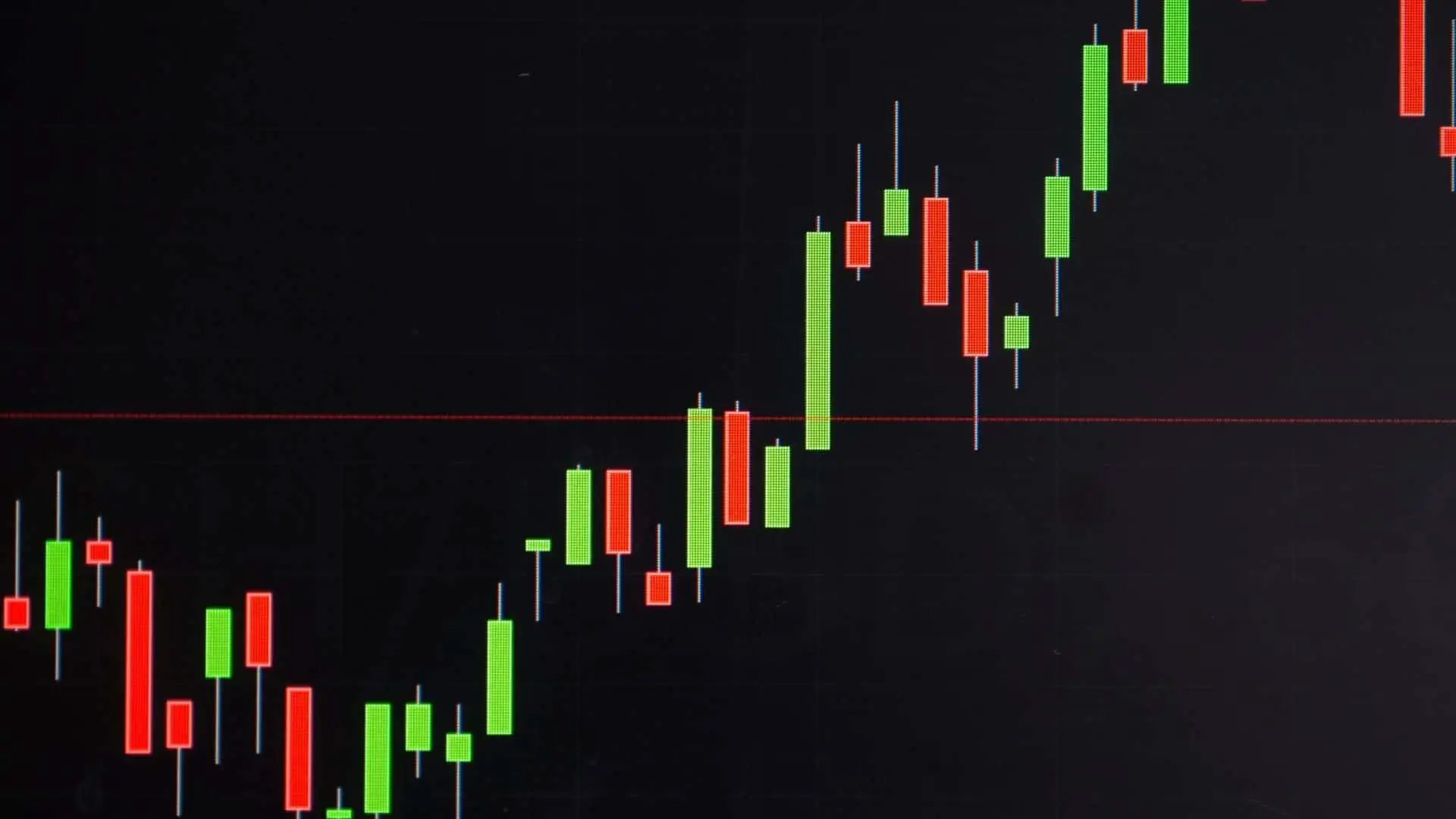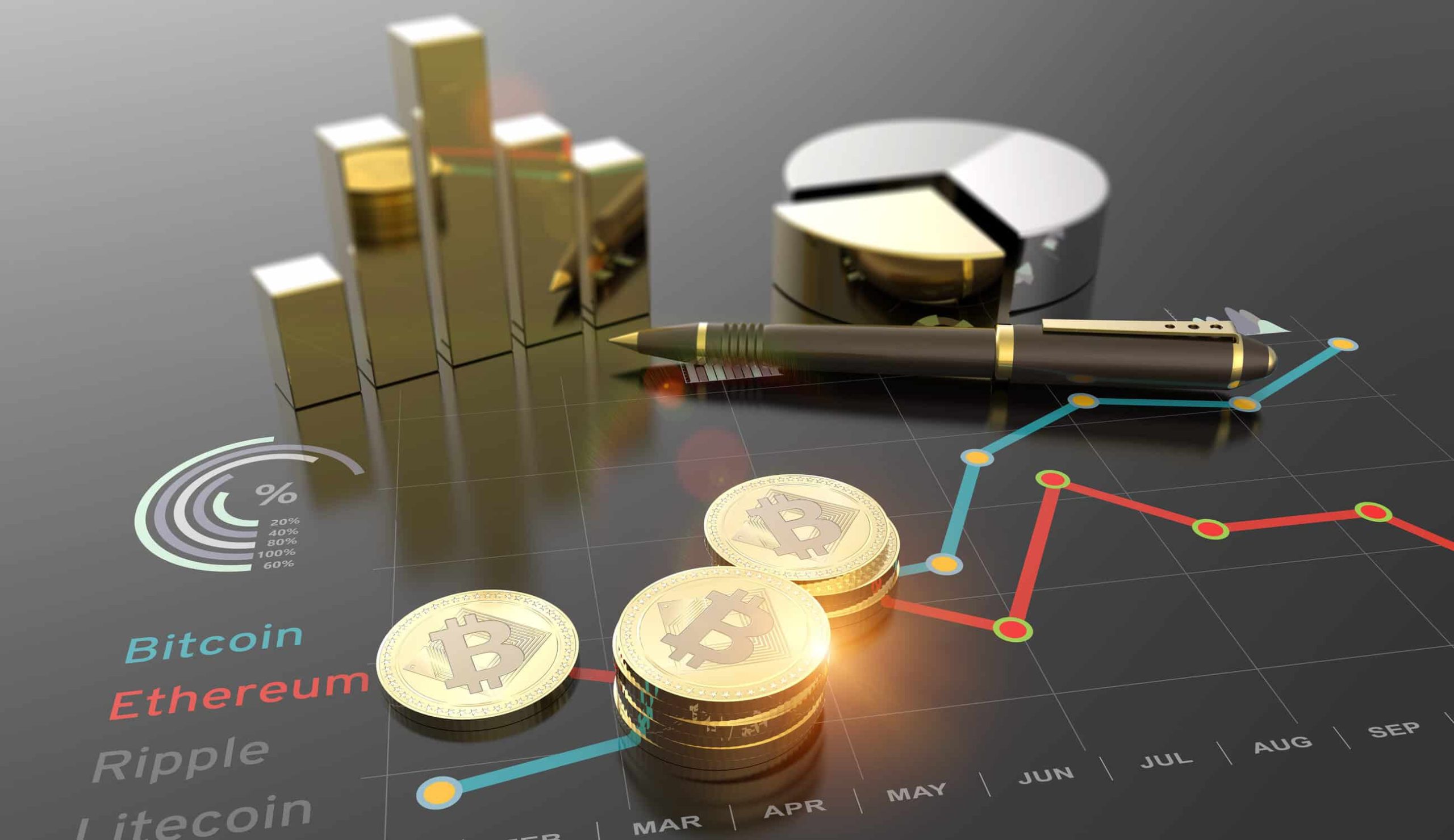In today’s rapidly evolving financial landscape, digital asset trading has emerged as a dynamic and innovative way for individuals to engage in investments. Beyond the surface-level advantages, several hidden benefits are associated with this form of trading. Let’s delve into the lesser-known perks that make quotex digital asset trading a compelling option for investors.
1. Global Accessibility
One of the significant advantages of digital asset trading is its global accessibility. Unlike traditional financial markets that operate within specific time zones, digital asset exchanges are active 24/7. This constant availability allows traders from around the world to participate at any time, breaking down geographical barriers and providing opportunities for a diverse range of investors.

2. quotex: Enhanced Liquidity
Digital asset markets often exhibit higher liquidity compared to traditional markets. This means that assets can be bought or sold with minimal price impact, facilitating smoother transactions. The increased liquidity ensures that traders can enter or exit positions more efficiently, reducing the risk of slippage and enhancing overall trading experiences.
3. Security and Transparency
Blockchain technology, the backbone of digital assets, offers a high level of security and transparency. Each transaction is recorded on a decentralized ledger, providing an immutable and transparent record. This not only reduces the risk of fraud but also builds trust among market participants. Security features such as encryption and multi-factor authentication further contribute to a secure trading environment.
4. Diversification Opportunities
Digital asset trading opens up new avenues for diversification in investment portfolios. Cryptocurrencies and other digital assets often have low correlations with traditional financial instruments. Including digital assets in a diversified portfolio can help spread risk and potentially enhance returns, especially in times of market volatility.
5. Cost-Efficiency
Traditional financial transactions often involve intermediaries, leading to additional fees and delays. Digital asset trading, on the other hand, operates on decentralized platforms, reducing the need for intermediaries. This results in cost savings for traders, as transaction fees are generally lower, making it a more cost-efficient option for those looking to optimize their investment expenses.

6. Innovation in Trading Instruments
Digital asset markets are breeding grounds for financial innovation. Introducing decentralized finance (DeFi) platforms has given rise to novel trading instruments and strategies. Smart contracts and tokenization enable the creation of unique financial products, providing traders with a diverse array of options beyond traditional asset classes.
7. Accessibility to Emerging Markets
Digital asset trading provides a gateway for investors to access emerging markets that may be challenging to reach through traditional means. This democratization of market access empowers individuals to explore and invest in projects and ventures that align with their interests and values, fostering a more inclusive global financial ecosystem.
In conclusion, the benefits of digital asset trading extend far beyond the commonly acknowledged advantages. Global accessibility, enhanced liquidity, security, diversification opportunities, cost-efficiency, innovation in trading instruments, and accessibility to emerging markets collectively make digital asset trading a compelling option for modern investors.
